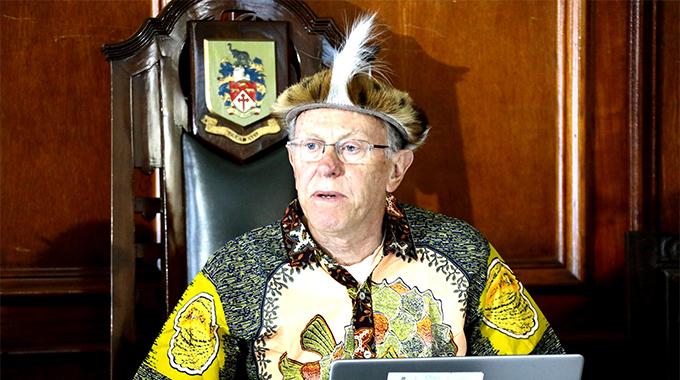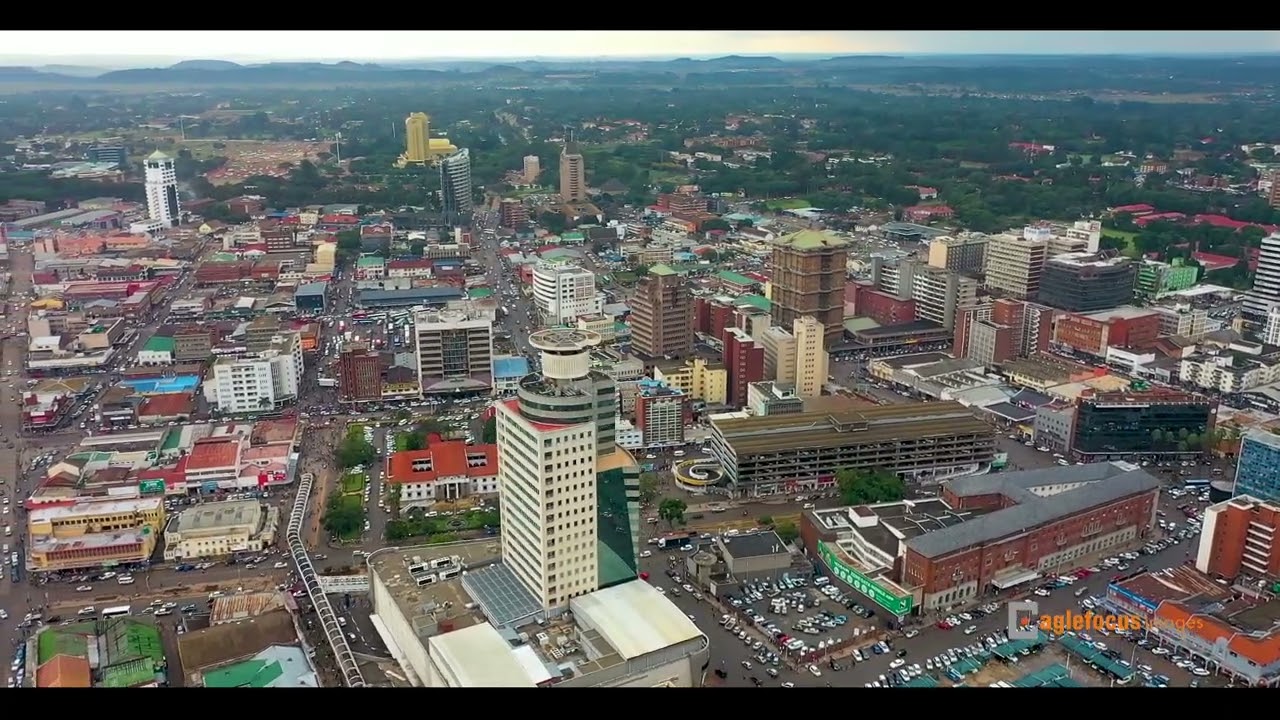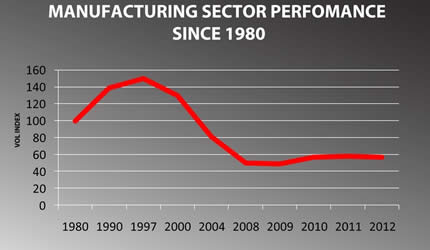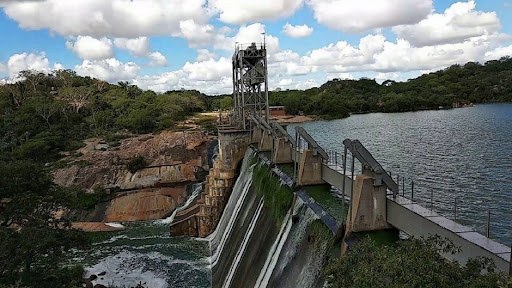Latest News
Top Story
 Mzingwane High launches e-library
Mzingwane High launches e-library Mzingwane High School has officially opened a state-of-the-art e-library, marking a major step towards modernising learn...
Top Story
 South Africa ripe for a coup
South Africa ripe for a coup Recent developments within South Africa's military and government circles, combined with warnings from national intellig...
Top Story
 India dumps US Treasury bills
India dumps US Treasury bills India has reduced its holdings of US Treasury bills over the past year, reflecting a more cautious approach in its centr...
Top Story
 Zimbabwe's dollar stock exchange surges 45%
Zimbabwe's dollar stock exchange surges 45% Zimbabwe's dollar-only stock market is riding a wave of gains, powered by gold miners cashing in on a 48% jump in the p...
Top Story
 Gold edges up as traders await guidance
Gold edges up as traders await guidance Gold edged higher as traders weighed the outlook for US monetary policy ahead of a key speech by Federal Reserve Chair J...
Top Story
 fastjet introduces Bulawayo-Victoria Falls flights
fastjet introduces Bulawayo-Victoria Falls flights Fastjet Zimbabwe has expanded its domestic flight network with the launch of a new route linking Bulawayo to Victoria F...
Top Story
 Young Investment Professional (YIP) Graduate Programme 2019
Young Investment Professional (YIP) Graduate Programme 2019 Company Name Investec Asset Management Company Location Cape Town, Western Cape, South Africa Click HEREJob descriptionO...











 Young Investment Professional (YIP) Graduate Programme 2019
Young Investment Professional (YIP) Graduate Programme 2019
Editor's Pick